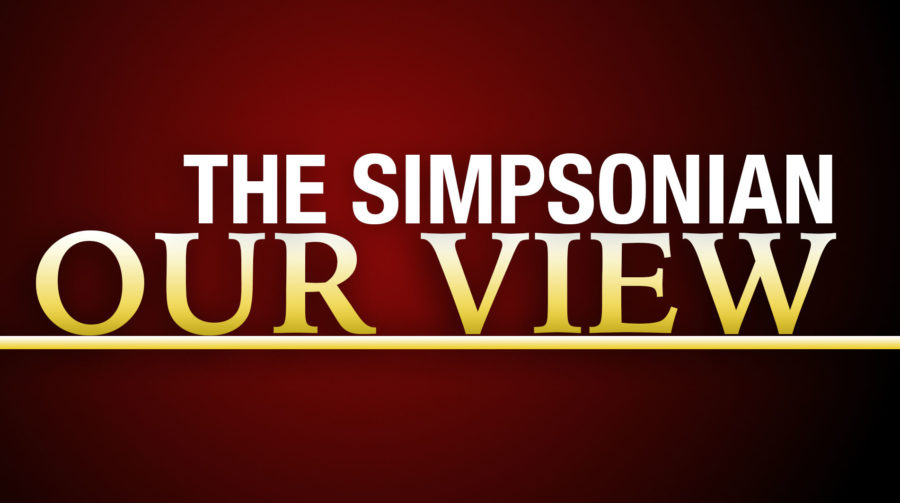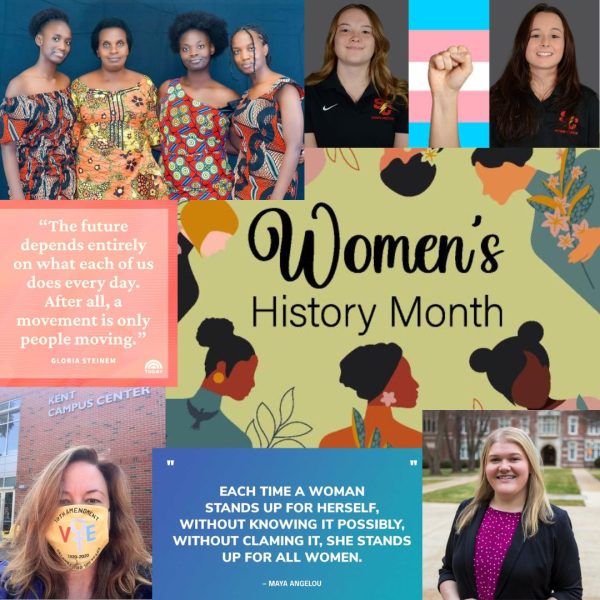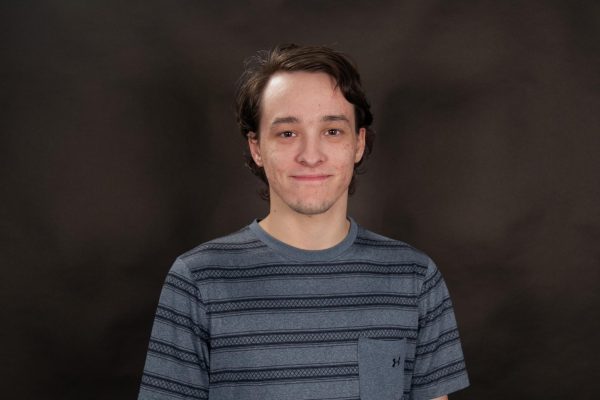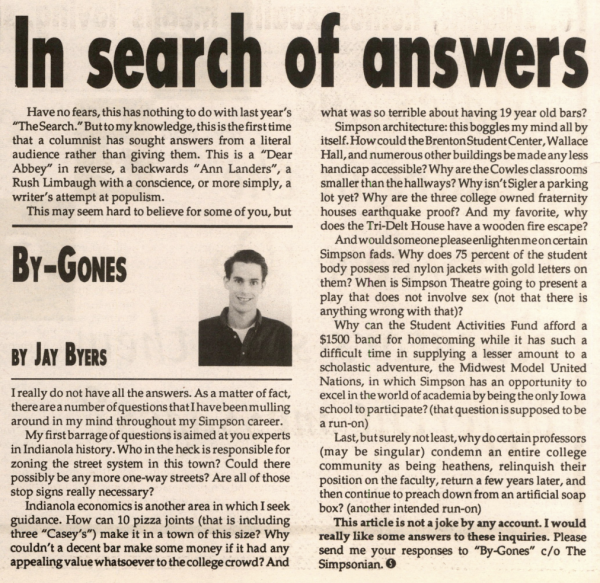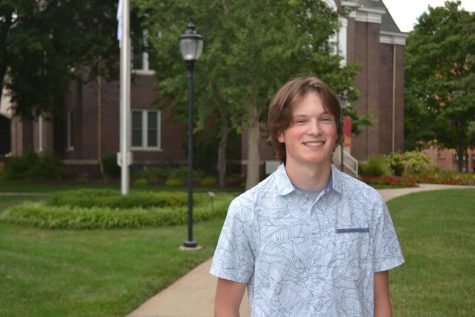OUR VIEW: Caucusing is a civic duty
February 3, 2016
Politics are complicated. Debates are unavoidable, and reaching agreements over political issues seems to be unattainable. But it’s for these reasons that politics should be taken seriously, and it starts with the Iowa caucuses.
For many college students in Iowa, caucusing is a new and overwhelming experience that is hard to understand. So it makes sense that college students opt out of being a part of the major electoral event.
Perhaps students are afraid to share their political beliefs for fear of being wrong. Maybe students’ opinions are just beginning to differ from the views of their parents. It’s even possible that students fear thinking for themselves because when they do, they become vulnerable, and vulnerability is seen as a weakness.
For some students, college is the first time politics have become an important part of their lives.
Regardless, it’s our civic duty to vote and have our voice be heard.
Iowa is the first state in the presidential nominating process. Participating in the caucus affects how people in the next state vote. If candidates are not placed highly from the start, then support and donations begin to vanish.
Iowa citizens have the power to narrow down candidates in terms of popularity, and the country responds to the caucus results.
You don’t have to be a political science or journalism major to participate in politics. If you don’t know anything about the presidential candidates, pull out your cellphone and Google them. If you don’t know anything about politics, at least be willing to learn.
It’s OK to ask questions, form an opinion and discuss political issues. You can’t learn from an experience if you aren’t willing to experience it. So if you didn’t caucus this time around, at least consider casting in your vote for the 2016 presidential election on Nov. 8, because every vote counts.
This is a free country. We should caucus and vote for those who can’t.



